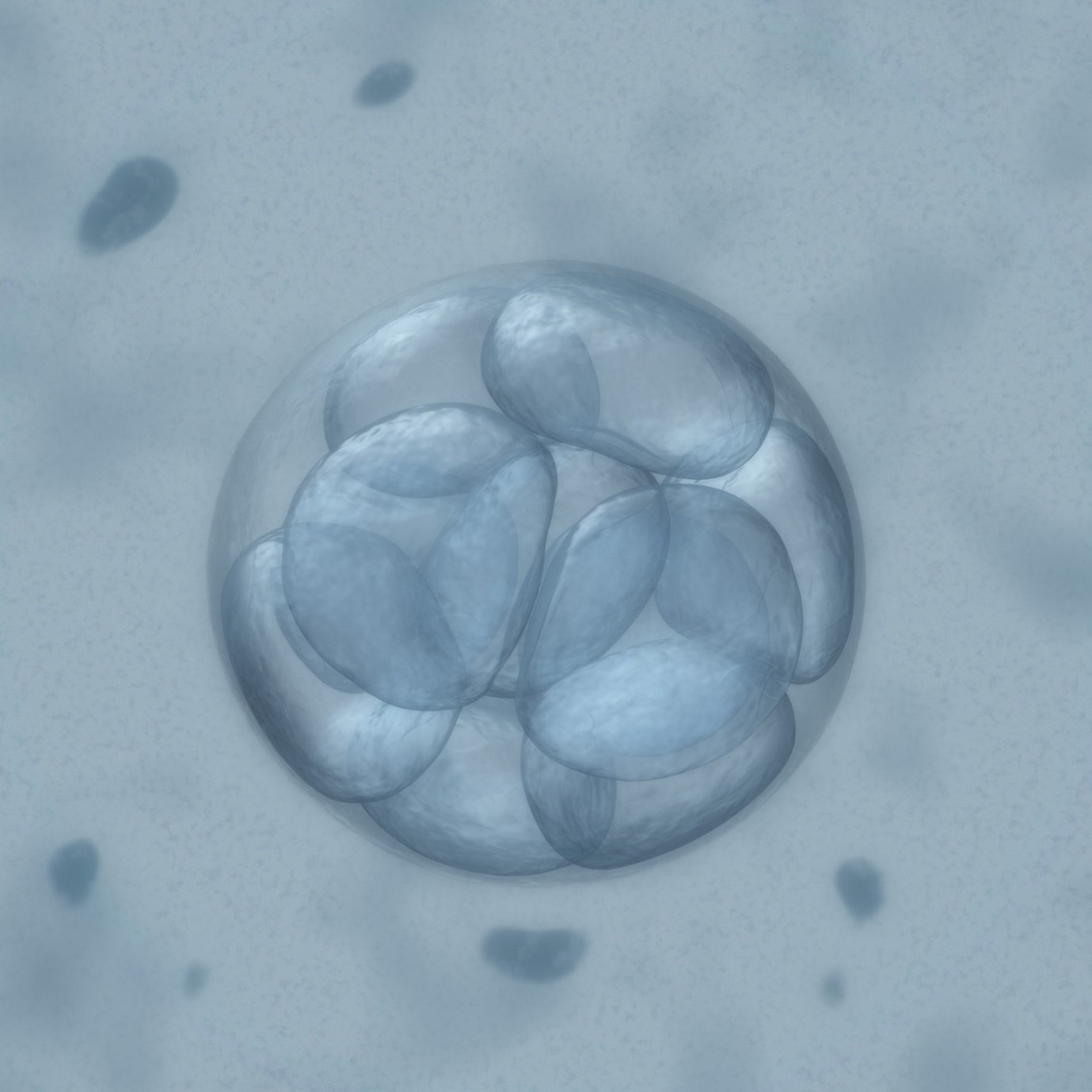No advantage to time lapse imaging of embryos in IVF pregnancies
Results from the largest international trial of time-lapse imaging (TLI) for embryo incubation and selection in IVF show no differences in pregnancy rates or losses, compared with standard care.

The multicentre, three-arm, parallel-group, double-blind randomised controlled trial, led by Dr Priya Bhide from the WIPH Women’s Health Research Unit, was carried out in seven centres in the UK and Hong Kong. Over 1500 participants were recruited and allocated to one of three protocols: to receive TLI-based embryo selection, standard static assessment using undisturbed culture, or conventional assessment using light microscope and standard embryo culture in standard incubators. Baseline demographic and clinical characteristics of participants were similar in the three arms.
TLI uses repeated digital imaging of the developing embryos to create a time-lapse sequence that can capture transient embryo development events, which may provide additional information about embryo quality and thus help to select the best embryos for implantation. Embryos are not removed from their incubators, thereby minimising the fluctuations in temperature, humidity, pH, and gas concentrations that might affect development. Standard techniques to assess and select the embryos with the best implantation potential require the embryo to be transiently removed from incubators.
Results from the study showed that live birth rates were 33.7% in the TLI arm, 36.6% in the undisturbed culture arm, and 33.0% in the control arm. Clinical pregnancy rates were 42.2% in the TLI arm, 43.4% in the undisturbed culture arm, and 40.9% in the control arm. None of the other secondary outcomes for clinical effectiveness and safety demonstrated significant differences between the arms. Researchers say that offering TLI to patients and healthcare providers with the expectation of improved outcomes cannot be justified.
Dr Priya Bhide said: ‘Our trial suggests that TLI does not improve the odds of live birth in women having IVF and ICSI treatments. This shows that the theoretical benefits of advanced technology do not always translate into improved clinical outcomes. This is important information for all stakeholders; patients, healthcare professionals, funders and policymakers.’
The trial was funded by Barts Charity.
Priya Bhide et al. Clinical effectiveness and safety of time-lapse imaging systems for embryo incubation and selection in in-vitro fertilisation treatment (Time-lapse imaging trial, TILT) - a multicentre, three-arm, parallel-group, double-blind randomised controlled trial. Published in The Lancet.